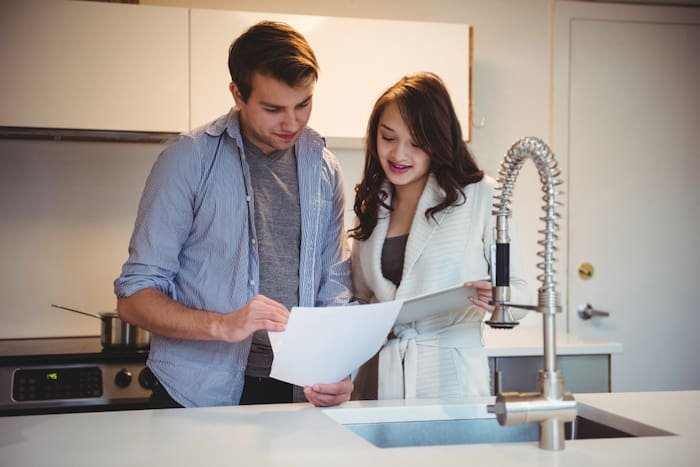Household water system issues can range from minor annoyances to major emergencies, disrupting daily life and potentially causing significant damage if not addressed promptly. Effective troubleshooting of these problems often starts with a basic understanding of the water system and knowing when to call in a professional like a plumber in Sydney to handle more complex repairs.
Identifying Common Water System Issues
The first step in solving any household water problem is accurately identifying what you’re dealing with. Here are some common symptoms and what they might indicate:
Low Water Pressure
- Causes: Clogged aerators, blocked or leaking pipes, malfunctioning pressure regulators.
- Fixes: Clean aerators and showerheads to remove sediment buildup. Check for leaks in visible pipes and repair if necessary.
No Hot Water
- Causes: Faulty water heaters, tripped breakers, failed heating elements.
- Fixes: Reset the breaker or replace the heating element. Regular maintenance checks can prevent these issues.
Discolored Water
- Causes: Rusty pipes, sediment in water heater, disturbance in municipal water supply.
- Fixes: Flush the system to clear out sediment. If rust is the issue, pipes may need replacing.
Tools You’ll Need
Having the right tools on hand can make diagnosing and fixing water system problems easier:
- Adjustable wrenches
- Pipe wrenches
- Plumber’s tape
- Plunger
- Pipe snake
- Screwdrivers
- Voltage tester (for water heater issues)
Step-by-Step Troubleshooting Process
Once you’ve identified the issue and assembled your tools, follow these steps to troubleshoot and potentially fix the problem.
Check the Simple Solutions First
For low water pressure, ensure the main water valve is fully open. For no hot water, check that the water heater’s circuit breaker hasn’t tripped.
Inspect for Leaks
Water marks on the ceiling, walls, or puddles around appliances are telltale signs of leaks. Trace the water back to its source and repair as necessary.
Assess Water Heater Issues
If the water heater is the source of problems, check its thermostat settings and ensure it’s not set too low. For electric heaters, test the heating elements and replace if they’ve failed.
When to Call a Professional
While many water system issues can be addressed with DIY solutions, certain problems require the expertise of a professional plumber. Here are scenarios when it’s best to call in expert help:
- Major leaks: Large leaks can lead to significant damage and require precise repairs.
- Installation of new fixtures: To ensure proper installation and avoid future problems.
- Water heater problems: Especially when dealing with gas heaters, professional handling is crucial for safety.
Regular Maintenance Tips
Preventive maintenance can keep many water system problems at bay and extend the lifespan of your components:
- Regularly check for leaks in exposed pipes and around appliances and fixtures.
- Drain and flush your water heater annually to remove sediment buildup.
- Insulate water pipes to prevent freezing and ensure stable water pressure.
- Replace hoses and fittings every few years to prevent leaks and bursts.
By understanding the basics of your home’s water system and being prepared to handle common problems, you can ensure that your household runs smoothly with minimal disruptions. Regular checks and maintenance can prevent many issues, but knowing when to call in a professional can save you time and money in the long run, safeguarding your home against potential water damage. Whether you tackle the problem yourself or enlist expert help, staying proactive about water system care is key to a well-maintained home.







